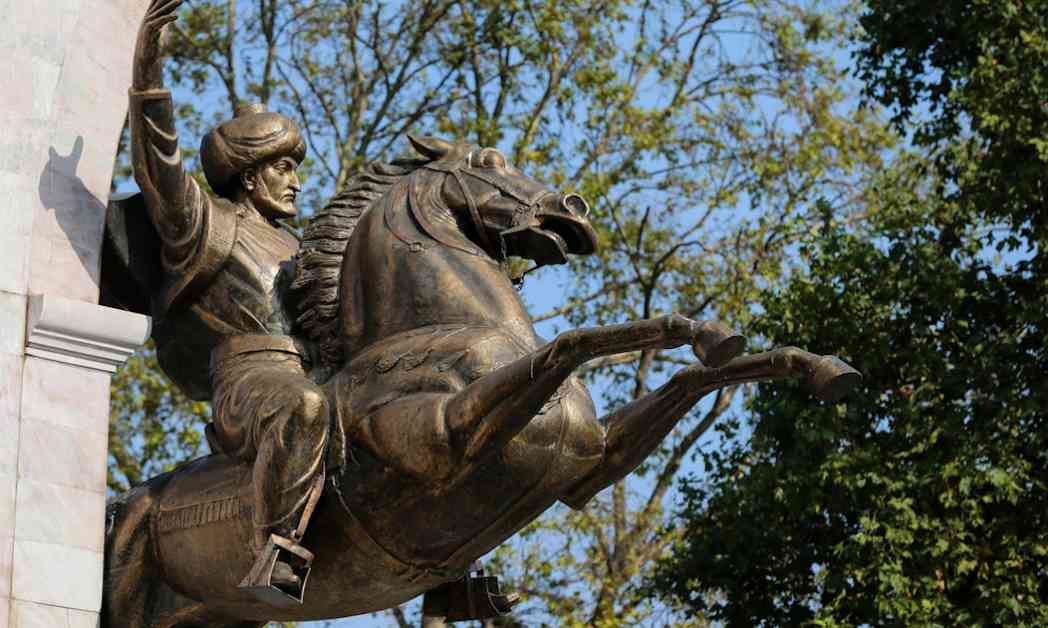The Rise of the Islamic World in the Mediterranean Trilogy
In the ancient city of Constantinople, now Istanbul, the Hagia Sophia Cathedral stood as a symbol of Christian power for a thousand years before it was conquered by the Ottoman Empire in 1453. This event marked the end of the Byzantine Empire and the rise of Islamic dominance in the region.
The conquest of Constantinople by Sultan Mehmed II was a turning point in history, as it solidified the Ottoman Empire’s control over the region and marked the beginning of a new era. The Ottoman Empire, originally a nomadic tribe from Asia, now established itself as a powerful Islamic force in Europe.
The Mediterranean Sea, known as the “White Sea” to the Turks, became a strategic focus for both Islamic and Christian powers. The sea was a battleground for centuries, with conflicts ranging from small-scale skirmishes to epic naval battles.
The conquest of Constantinople in 1453 was just the beginning of a long and bloody struggle between the Islamic and Christian worlds for dominance in the Mediterranean. The Ottomans, led by Sultan Mehmed II, and the Spanish Habsburgs engaged in a fierce competition for control of the region.
The Mediterranean was a treacherous and unpredictable sea, with violent storms and pirate attacks posing constant threats to sailors. The strategic importance of the sea as a trade route and military stronghold made it a key battleground for both sides.
The Ottoman Empire’s ambition to conquer the Mediterranean and establish dominance over the region was met with fierce resistance from Christian powers. The conflict between Islam and Christianity played out on the sea, with naval battles and sieges defining the struggle for control.
The “Mediterranean Trilogy” by historian Roger Crowley offers a detailed account of this epic struggle for power in the Mediterranean. Through meticulous research and vivid storytelling, Crowley brings to life the key events and characters that shaped the course of history in the region.
The rise of the Islamic world and the decline of Christian dominance in the Mediterranean marked a pivotal moment in history, with far-reaching consequences for the future of the region. The legacy of this conflict continues to shape the cultural and political landscape of the Mediterranean to this day.












